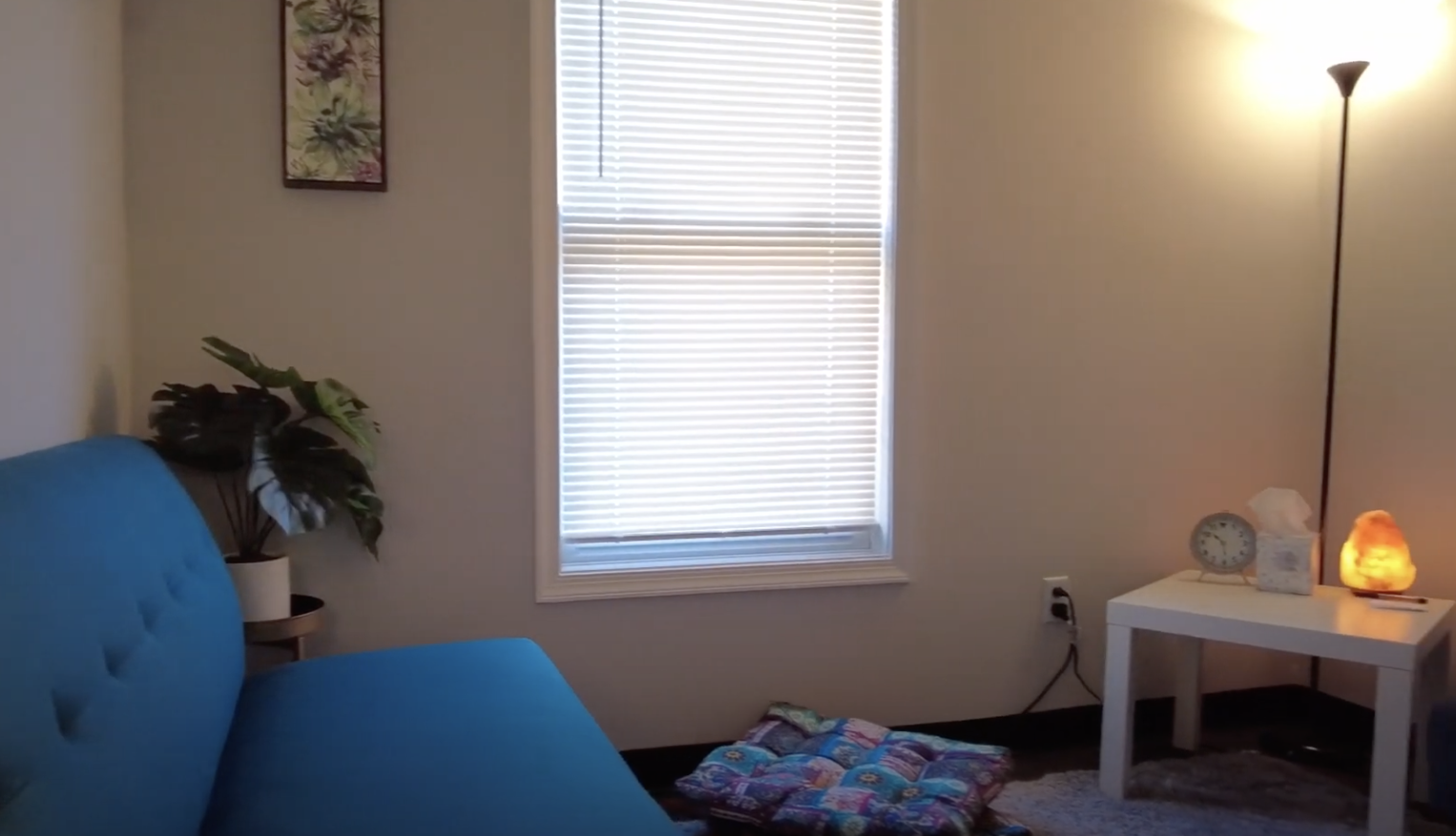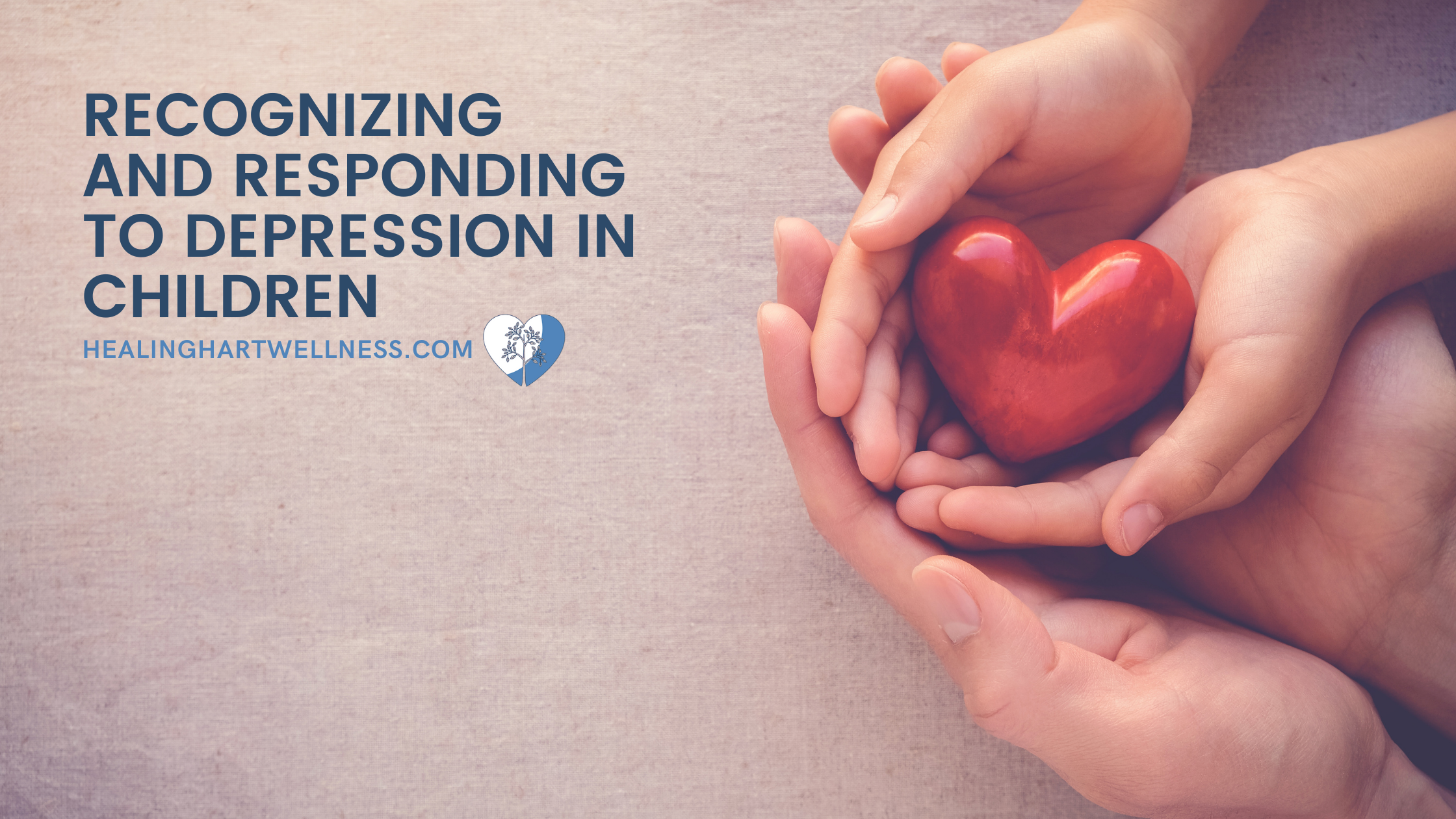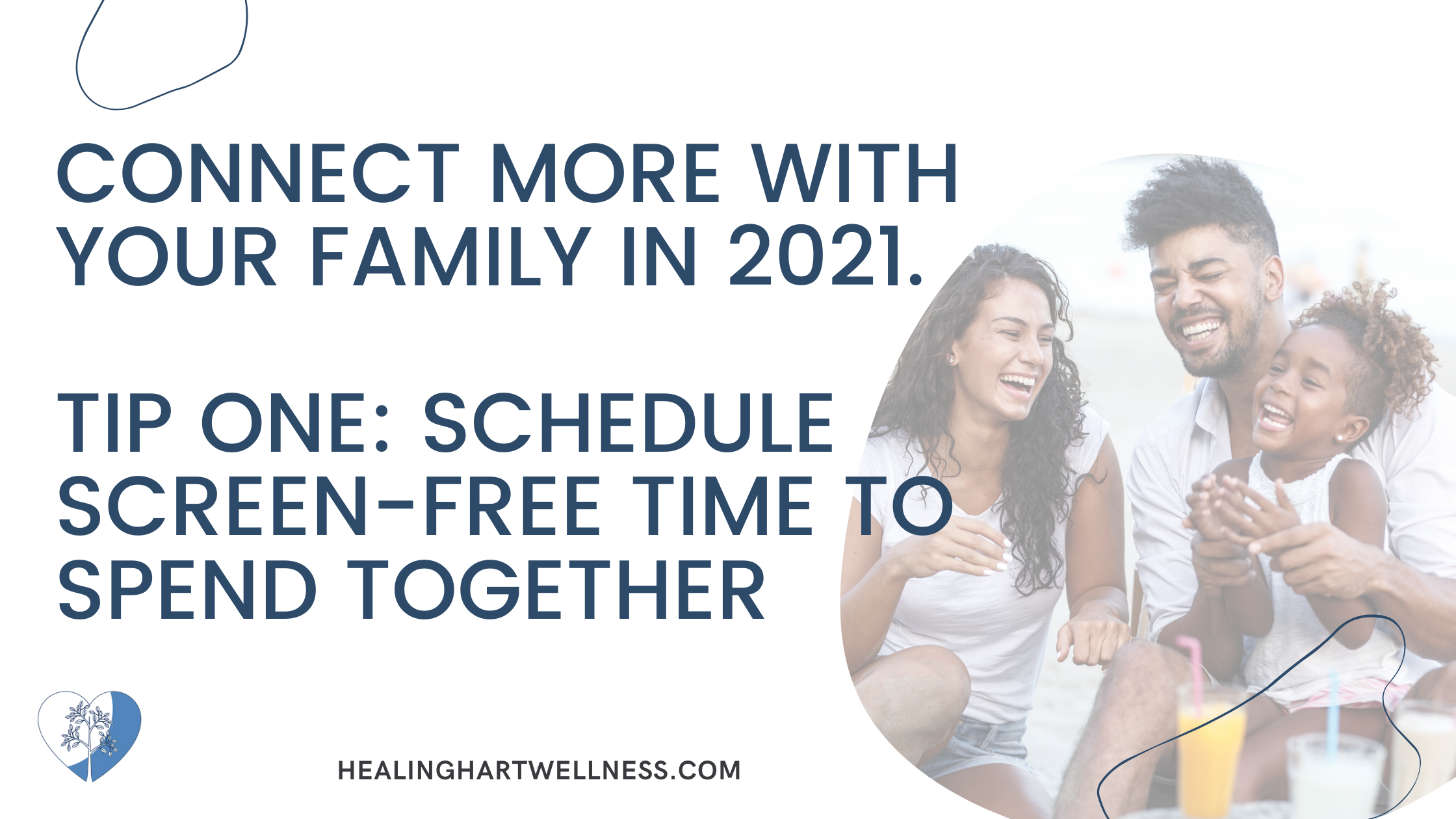
Parents: Where is your self-compassion?
I got a call from a friend recently. She was in total disarray. Her daughter had stayed home sick from school for some time and had gotten used to it, and when the time came for her to go back, she begged and pleaded, tears and all, to stay home. When her mother insisted she go to school, she cried all the way to school and then had a meltdown in the parking lot. The teachers on duty came to my friend’s rescue and helped to retrieve her child, helping her into class.
My friend was a complete mess, thinking she was a bad mother. She thought this event was traumatizing to her child, and believed that she would never forgive her. My friend blamed herself for the entire situation and everything that just unfolded in front of what felt like the entire school. My friend told me about her day, and she made a statement that I have heard from the vast majority of the parents:“Being a parent is hard.”
We never feel good enough, the way we anticipate that things will play out nearly never ends up being the case. And when they don't, we blame ourselves, condemn our children, attempt to exert even more control, and increase the amount of pressure we put on them. We start to feel anxious and down in the dumps. When we do this, we look at our friends, relatives, neighbors, and even strangers and make comparisons between ourselves and them. We lose sleep. Where did we go wrong? Is there any way to get off of this roller coaster that just keeps going and going?

Studying Strategies for ADHDers

Navigating Unmasking

Encouraging Your Child In Challenging Situations

HHW featured by Harford Lifestyle!

3 Ways to Support Your Anxious Child

3 Things to Teach Your Child About Anxiety Right Now

Recognizing and Responding to Depression in Children

Tips for Creating an ADHD Friendly Environment

3 Tips for Introducing New Foods
Mealtimes can be great opportunities for family members to come together and catch up with each other. It is common for children to build preferences for certain foods and trying new dishes is not always easy. There are a variety of reasons why children may not want to try certain foods. There may be sensory-based reasons such as a dislike for certain textures, smells, tastes, or even colors. Past incidents of choking or becoming sick can make certain foods feel dangerous. Your child may not want to try a new food simply because it is something new and unfamiliar! It can be helpful to take the time to let ‘strange’ new foods become normal additions to mealtime. Here are a few tips to keep in mind when introducing new foods!

3 Ways to Support Your Child this Pride Month
Happy Pride Month! Having a supportive family can be a lifesaver during difficult times and helps provide a strong foundation from which children can safely discover and build their identities. Here are a few tips for cultivating inclusive parenting that can be used whether or not your child identifies as part of the LGBTQ+ community!
Remember, there is no “default.” No one way to parent works for every family and there is also no one way to live and express ourselves as people. There are often invisible expectations put on us that can make being a part of the LGBTQ+ community feel like something different or “other”. Many youth who are a part of the community feel like they have to “come out” to their family and friends because otherwise it is assumed that they are heterosexual and cisgender.
Instead of asking your teen son if they like any girls or your daughter if they like any boys, you could ask, “Are you interested in anyone? What do you like about them?” Using neutral terms can help give your child the space they need to be themselves and build their own identity. You can also consider if there may be activities, clothing, or behaviors that your child may not have been given the opportunity to explore because of their birth sex and make sure that opportunities aren’t being accidentally blocked from them because of stereotypes. Everyone expresses themselves and experiences life in different ways.

The Wide World of Virtual Therapy
Recently we have shifted many different aspects of our lives to a virtual setting and therapy is no exception. In-person meetings certainly do have benefits and can provide separate, structured settings for sessions. Typical sessions include a face-to-face chat and while resources and activities are certainly available, they are limited to what is physically in the room. Virtual spaces are far less limited in many ways and have shown to be a great resource for clients and therapists to connect.
Online sessions are often more easily accessible and can be done from almost anywhere. They can make it easier to utilize a wide variety of imaginative activities and resources, including full virtual worlds. Activities and games can be easily accessed which can help maintain focus on the session and the activities can also be chosen based on clients’ interests and strengths.
There are many resources online that provide helpful tips to navigate a variety of situations and emotions. Mindfulness tips and exercises can be quickly accessed in session and help address emotions as they come. Resources used in online sessions can also frequently be accessed from any online device for free meaning clients and families can save them to use anytime. Creating personal online ‘toolkits’ by saving favorite resources can be a great way to proactively prepare for life’s stressors.

The Online World of Young People
As technology has continued to grow and expand the online world has become integrated more and more into our daily lives. We used to think of the internet as a place where we would send AIM messages and play virtual pinball, and we knew to never share our share personal information there. Since that time the internet has massively expanded. The popular video-hosting site Youtube has over 500 hours of content uploaded to it every minute. The internet now more closely resembles the real world in its many functions and the pandemic has highlighted what can be done online, with many jobs and schools shifting to virtual environments. During this time the internet has also played a huge role in maintaining connections with our friends and family. In this age, electronics and the internet play a key role for young people for socialization, education, entertainment, and more.
Online platforms come and go, and there are more websites than any one person could keep track of. However, understanding major platforms and how they work can help provide some context for how many young people are using the internet.

Navigating Back-to-School Stressors During COVID

Combating the Social Isolation of Young People During the Pandemic
The pandemic has been very isolating for many people as COVID keeps us apart from our friends and loved ones. Under normal circumstances, children and teens would usually be focused on building up their social circles and relying on their friends for support during difficult times. Right now, this isn’t really an option for many. Rates of anxiety and depression in young people have risen over the past year and this increase in stress can affect everything from mood and academic performance to appetite and dental health.
During this time helping children and teens stay connected with friends and loved ones can be an intentional act. Typically young people would be able to socialize and connect with others most days through school, extracurricular activities, and by hanging out with friends. With safety restrictions in place, many of their go-to social activities are no longer options. Many teens are still working or have to do other activities that could put them at risk of exposure. This can come with its own stressors, one of which may be spending time away from others who would be in their social circle. It is important for everyone to incorporate safe ways to stay connected during these times and many activities can be easily incorporated into daily life.

COVID: Impacts on Young People & How to Support

Connect More, Tip 4: Move Your Body as a Family

Connect More, Tip 3: Have Check-Ins

Connect More, Tip 2: Schedule Family Screen Nights

Connect More With Your Family This Year - Tip Number 1 - Schedule Screen-Free Time
Have you watched The Social Dilemma on Netflix, yet? I recommended it sometime in 2020. Phones and their apps have shifted from tools that we use to get things done to advertising platforms that are designed to pull us in and keep us pulled in, calling out to us when we try to resist so that they can show us ads and make money. Everything down to the color of your notification badges (the circle with the number) are designed to keep you checking your phone.
How many times has your family been in the same room together under the guise of watching a movie as a family but everyone is sucked into their phone or tablet? Maybe one family member is watching the movie on the TV, but everyone else is distracted? This would never happen at our house because we are all robots. I kid. This happens a good bit, and generally when we are unintentional about our screen use. Sometimes, we need a little escape, and sometimes we need to intentionally schedule a time to connect without our phones to distract us at every vibration or ding.
So, for 2021, pick just ONE night a month for SCREEN FREE family time. For that one night a month, have everyone put their phone somewhere away from them and do something together as a family. Allow yourself to truly be present. Try not to sneak away to check your phone (that email can wait). Try to not even bring up things that don’t have to do with whatever you are doing in the moment. You don’t REALLY need to talk about that school project right now, seriously.
Need some ideas for what to do?

